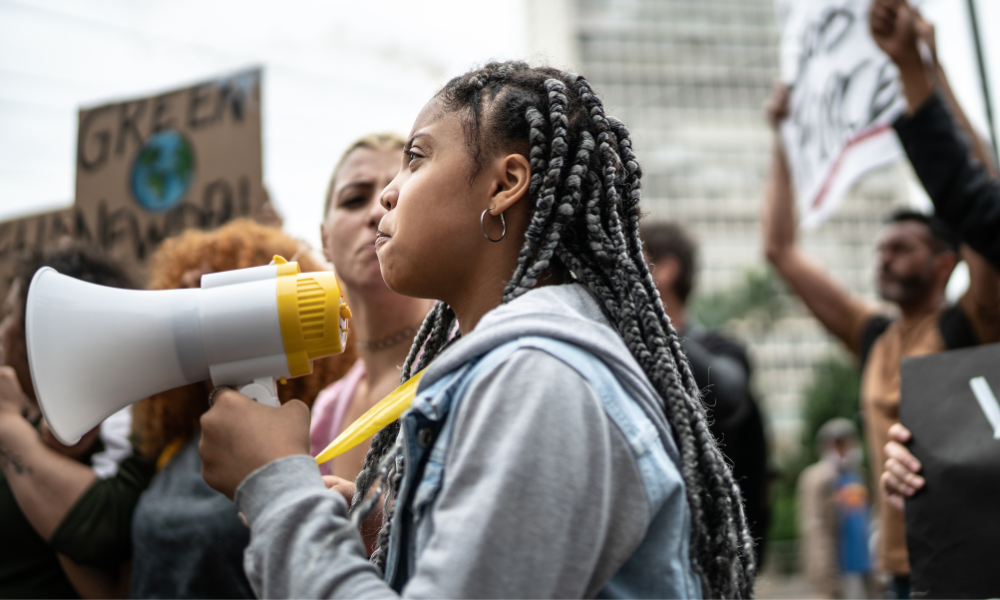This debate pack includes a teacher briefing, lessons and resources to help you teach about democracy, its key characteristics and the different ways citizens can influence change.
Sometimes young people are attracted by extremist narratives. This can be a result of dissatisfaction with an aspect of the current state of affairs, or a desire to radically change the situation. By teaching students about how change can be effected within democracies, both peacefully and within the law, we develop a positive perspective that also helps build resilience to being drawn into extremism or violence.
The teacher briefing includes three lesson plans with activity instructions. Each lesson is designed to be taught in about 60 minutes and can be adapted to suit different teaching approaches.
Lesson 1 – What is democracy?
Lesson 1 explores the components or key characteristics of democracy, including the right to free speech, fair elections and peaceful protest.
Lesson 2 – Influencing change
Lesson 2 discusses the methods citizens use to influence change peacefully. It introduces the legality and illegality of some forms of protest.
Lesson 3 – Can violence ever be justified?
The final lesson includes a deeper exploration of legal and illegal forms of protest and extends discussion to consider political violence.
You might also be interested in:


